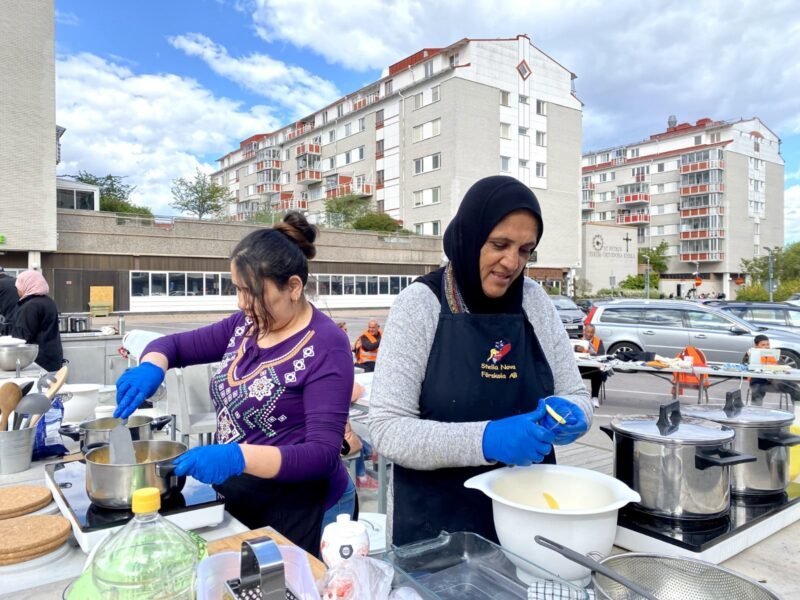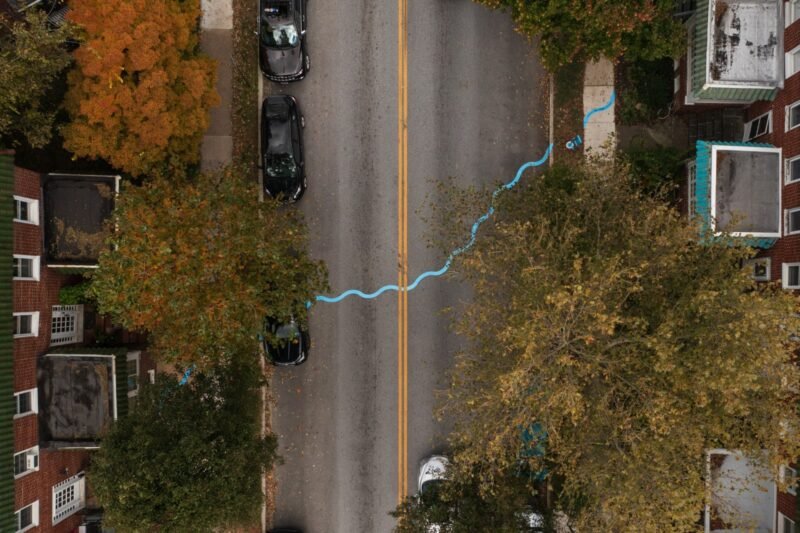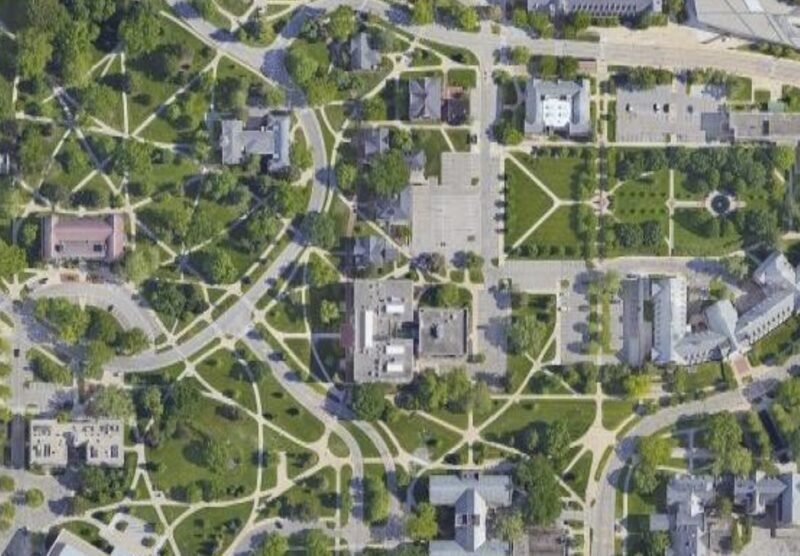Brazilian Situationism
In 2009 the São Paulo-based Ocupeacidade collective created a paper-crafted Volkswagen van with life-size proportions and painted as a real van.
Under the name of Kombi Project they brought the van into the streets of their city, moving it as it were a car from the Flintstones, just with their foot. They executed this performance in order to raise awareness regarding environmental topics and to make people critically consider traffic and car-based transport culture.

Ocupacidade is a collective born in São Paulo in 2006 that is aimed to create interactive artistic interventions in the context of the city, in order to engage citizens with their everyday urban space. They are an open group and everybody can participate in the creative process, because their main goal is to bring consciousness of the subject to the city and its inhabitants through built situations.
These kinds of performances remind us of a similar project, create forty years ago by a Belgian group of artists. I am talking about Mass Moving, born in Belgium in the early seventies, right after the explosion of counter-culture and critique-oriented movements like Provo in Amsterdam and, of course, Situationist International. What characterized the group was their playful actions and ephemeral projects that wanted to bring art outside galleries and museums, with their environment-friendly performances. They wanted to turn the city into open creative laboratory, to preserve nature, to promote ecology and to involve citizens. Unfortunately, we have no major documents about them, because the group fell apart in 1976 with a spectacular auto-dafé: they burnt all their projects, pictures, videos and posters. The only existing record about their works is a recent documentary launched in 2006 by the French director François Levie, composed from the few things that they left to our memories.

Between their actions, that always presented a strong situationist imprint, I would like to underline their work called Millipede Bus — a paper-crafted, life-size bus, drove by a group of people through the streets of Brussels in February 1973, with the purpose of collecting citizens and invite them in the bus. Their aim, unlike the one of Ocupeacidade, was to criticize the deplorable condition of public transport in Brussels. Even if the two groups, in different time frames, acted with distinct goals, there are strong similarities between their performances. Could the action of the Brazilian collective be a tribute to their situationist forefathers?



